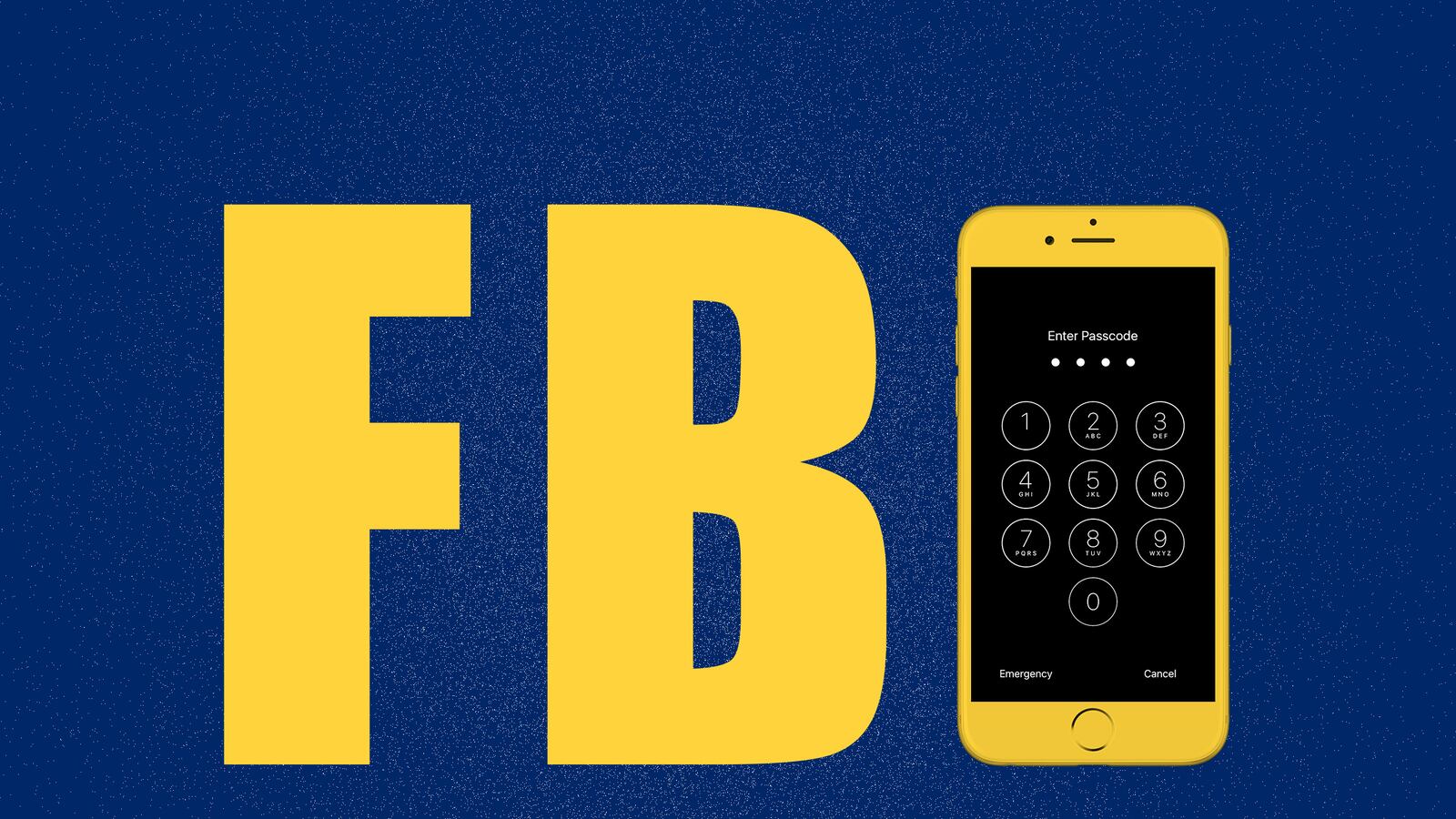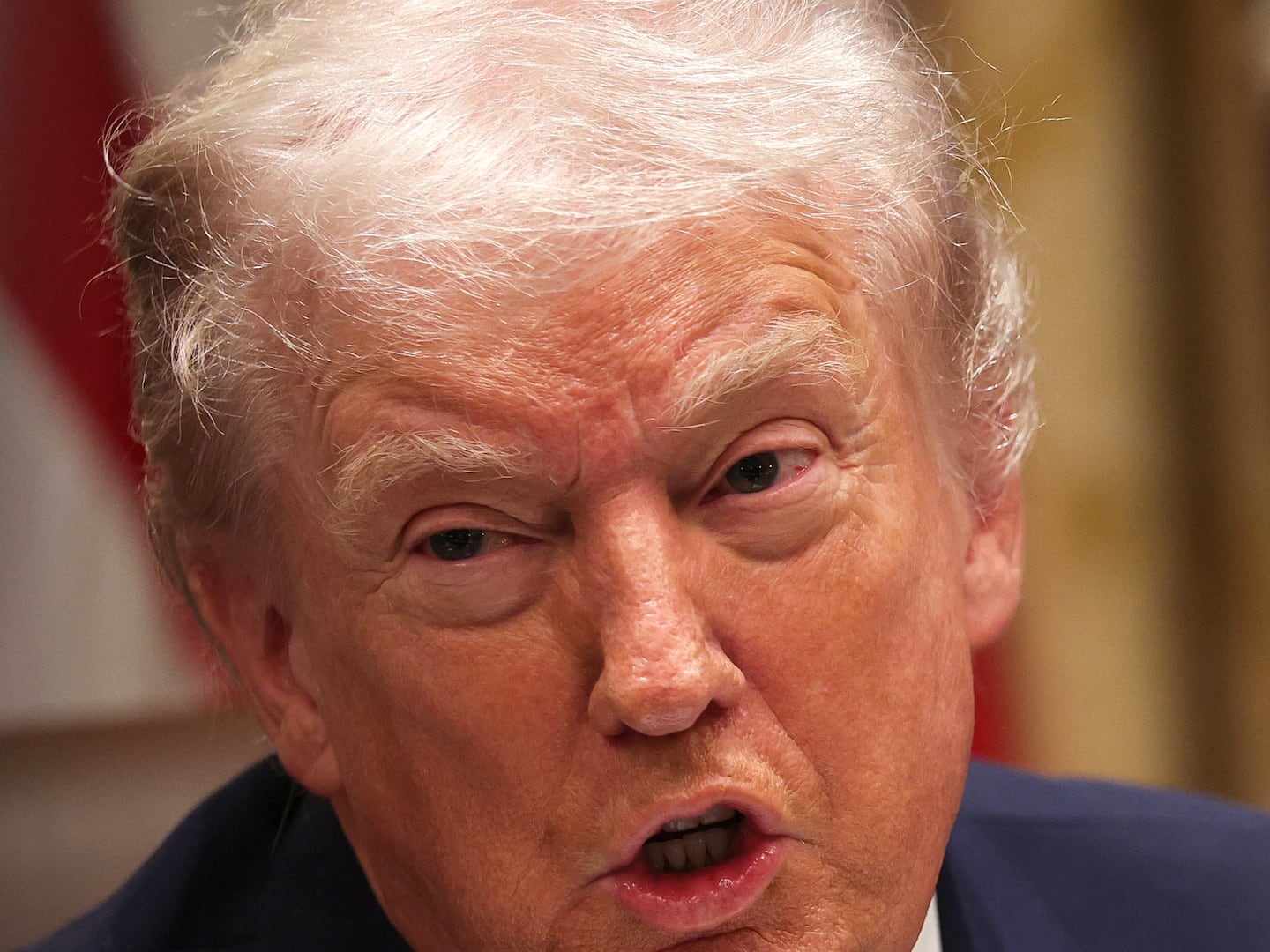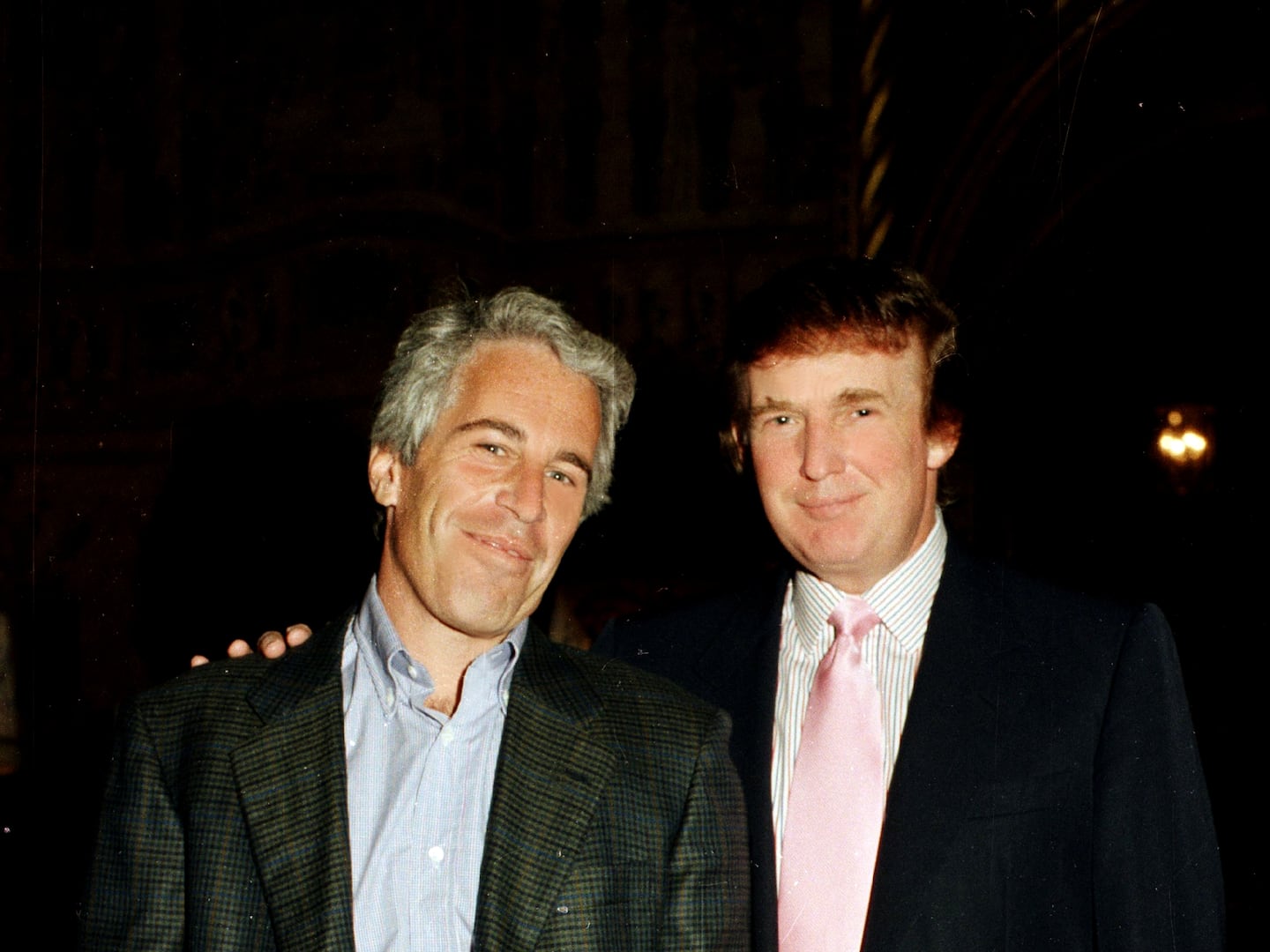In the end, the FBI didn’t need Apple’s help to extract information from a dead terrorist’s iPhone. Hackers, the FBI says, did the government’s work for it.
On Monday, the Justice Department asked a judge in California to put aside a search warrant compelling Apple to assist law enforcement in obtaining information from the phone used by dead San Bernardino shooter Syed Rizwan Farook. The reason: Apple’s help was no longer required.
That’s because tech companies and researchers around the world beat a path to the bureau’s door. Let us find a way into that phone that Apple won’t help you crack, they said.
You won’t find that version of events spelled out quite so bluntly in any court documents. But it’s essentially what FBI Director James Comey told reporters last week in Washington.
“The attention that’s been drawn to this issue, by the litigation and by the controversy that’s surrounded it, has stimulated a marketplace of creative people all around the world to try and come up with ideas,” Comey said. “Lots of folks have come to us with potential ideas.”
And why wouldn’t they? One of the world’s most influential technology companies had squared off against the world’s most powerful law enforcement agency. Whether those creative minds were drawn by money, the potential for future business—in the United States or abroad—or just the sheer challenge, they apparently came calling.
One idea finally worked. Over the weekend of March 19, an outside party—all officials will say is that it’s not a U.S. government agency—demonstrated a technique for getting information from Farook’s phone without permanently destroying it. And over the Easter weekend, the FBI put it to work and investigators were finally able to go through the phone’s contents.
The FBI has said practically nothing about the “tool” that helped the FBI get inside the phone, as a U.S. law enforcement official called it in a hastily arranged press conference on Monday evening. Nor would the official say whether investigators might use it again on the dozen or so other iPhones the FBI is reportedly trying to gain access to, or whether the bureau would share the tool with local law enforcement agencies, who are believed to have hundreds of phones just waiting to be cracked.
“I think the best answer I can give you is it’s premature to say anything about our ability to access other phones,” said the official, who discussed the case with reporters on condition of anonymity and said almost nothing about where the FBI will go from here.
But he didn’t have to. Comey’s earlier remarks, coupled with the government’s decision to drop the warrant request, sent a message to other tech companies: Work with us, or don’t. We’ll get what we need without you.
Notably, the U.S. official didn’t say whether the FBI would disclose its newfound technique to Apple, which has a vested interest in protecting the security and privacy of its customers. But Cellebrite, an Israeli company, has been identified in some news accounts as the company that came to the FBI’s rescue. It signed a contract with the bureau worth more than $15 million last week.
In other words: The American government may have used foreign hackers to crack the signature product of America’s top technology company.
But it’s hard to imagine Apple didn’t have some idea what was coming. One of Cellebrite’s other clients is Apple itself. The company uses Cellebrite in some of its stores to help customers transfer data between phones, the Associated Press reported.
In a statement, Apple insisted, “This case never should have been brought.” It’s hard not to read in Comey’s earlier remarks a counter-reply: “You never should have refused to help us.”
Comey flatly rejected as “silly” the notion that the FBI knew all along how to crack the iPhone. He noted that he’d testified under oath before Congress that investigators had exhausted all known options. Once they admitted that fact publicly in court documents, he said, the hacker floodgates were opened.
It took about six weeks for Cellebrite—or whomever—to come forward with the answer to Comey’s prayers. Apple and the FBI went to the brink in the interim, and their dispute ignited what people on both sides agreed was a long overdue debate about how much authority the government should have to compel companies to assist in surveillance and investigations.
That debate is far from settled. “It remains a priority for the government to ensure that law enforcement can obtain crucial digital information to protect national security and public safety, either with cooperation from relevant parties, or through the court system when cooperation fails,” Melanie Newman, a Justice Department spokeswoman, said in a statement. “We will continue to pursue all available options for this mission, including seeking the cooperation of manufacturers and relying upon the creativity of both the public and private sectors.”
There’s a big market out there for hackers who can break the toughest technology. And the FBI has posted a help wanted ad.






